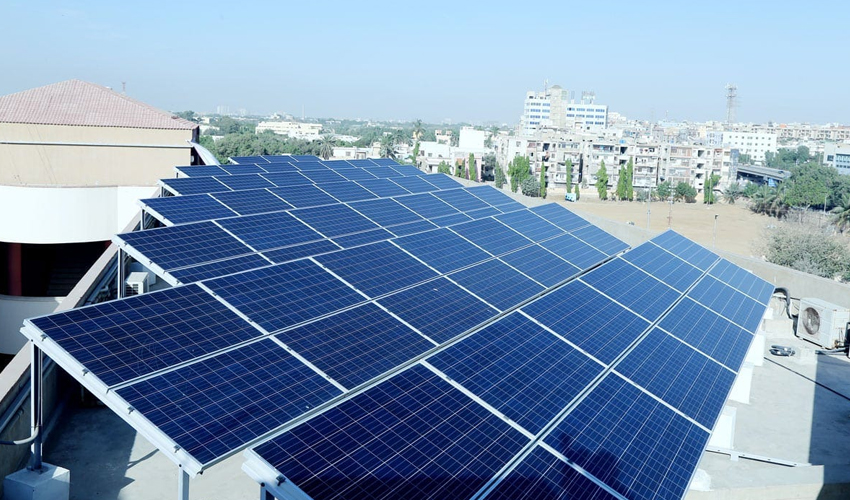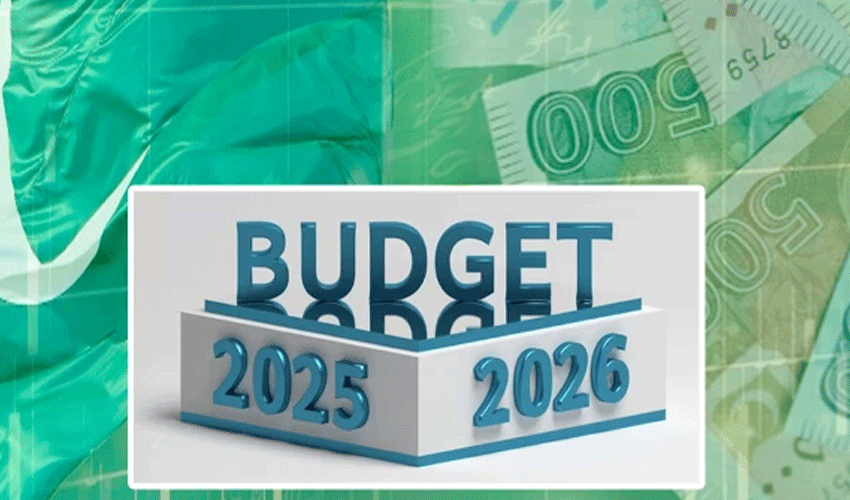During the Lahore High Court hearing on the smog remediation case, Justice Shahid Karim highlighted the significant impact of solar energy on electricity production in Pakistan.
The court noted that electricity generation from solar panels has increased by 30%, raising questions about the effective utilization of this additional power.
Justice Shahid Karim remarked, "Electricity production has increased, but the question remains - where will this additional power be directed?" The comments came during a broader discussion about the nation's energy challenges and the economic burden on consumers.
Azhar Siddique, a lawyer representing the petitioners, criticized the recent handling of electricity subsidies. He argued that the subsidy system has become a farce, pointing out that electricity bills, instead of being reduced, have increased significantly.
"People who originally had bills of Rs15,000 are now seeing bills rise to Rs27,000, only to be reduced by Rs5,000," he said. This drew concerns from members of the Judicial Commission, who added that in areas where electricity theft is prevalent, the cost is being unfairly distributed across all residents.
Justice Shahid Karim further commented on the record installation of solar panels in Pakistan during 2023, stating, "In 2023, a record number of solar panels have been installed in Pakistan." This trend reflects the increasing reliance on solar energy, particularly among farmers who find traditional electricity too expensive.
"The situation has become so dire that farmers cannot operate their systems without solar power," noted a member of the Judicial Commission.
The hearing also touched on other pressing issues, including the safety of school buses. Justice Shahid Karim inquired about the progress in addressing the safety concerns of school transportation. The government’s lawyer responded that efforts are being made, but hesitancy among the public remains a challenge.
The Judicial Commission suggested the installation of cameras in school buses as part of a broader system to ensure child safety. "How can it be that any parent would not want their child to reach home safely?" questioned a member of the Judicial Commission.
The court adjourned the proceedings until next week, with ongoing discussions expected to focus on energy policy, consumer protection, and public safety initiatives.



























